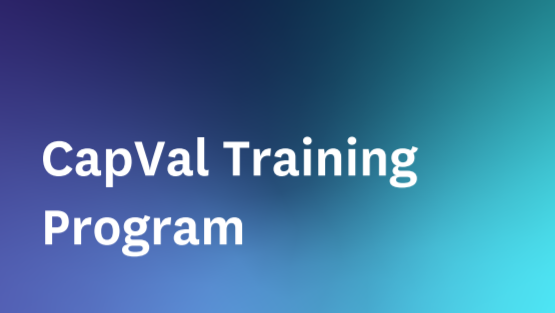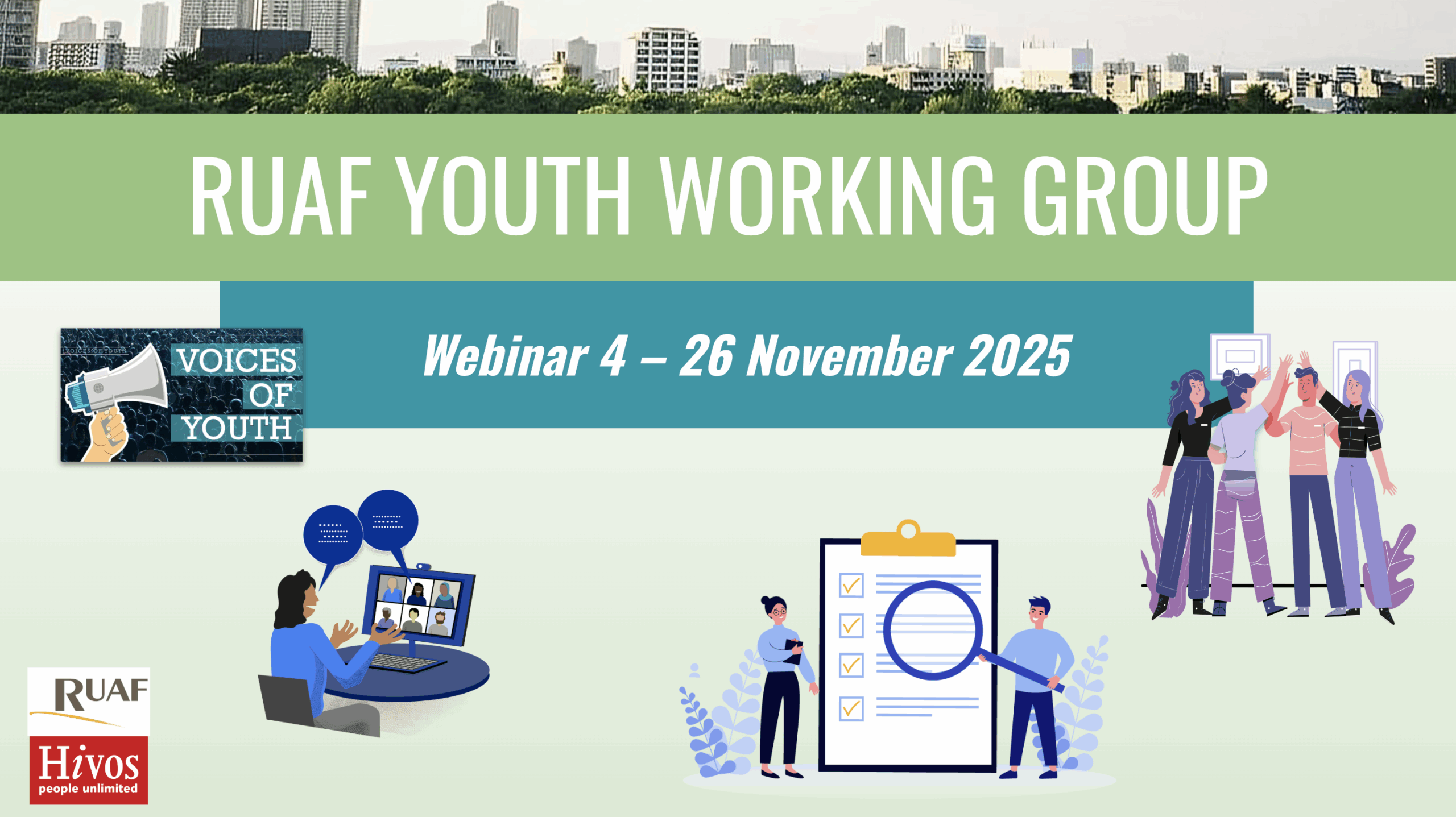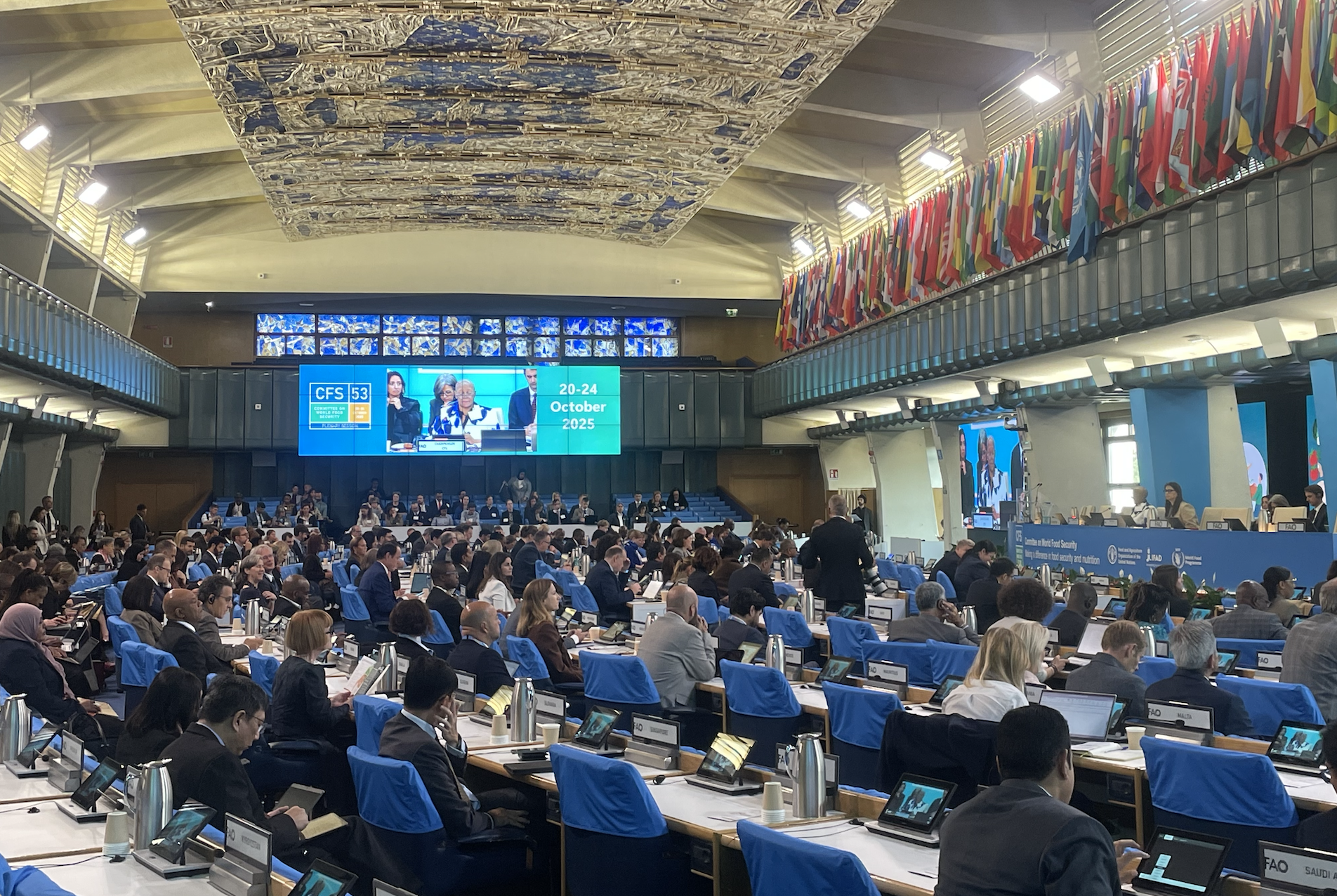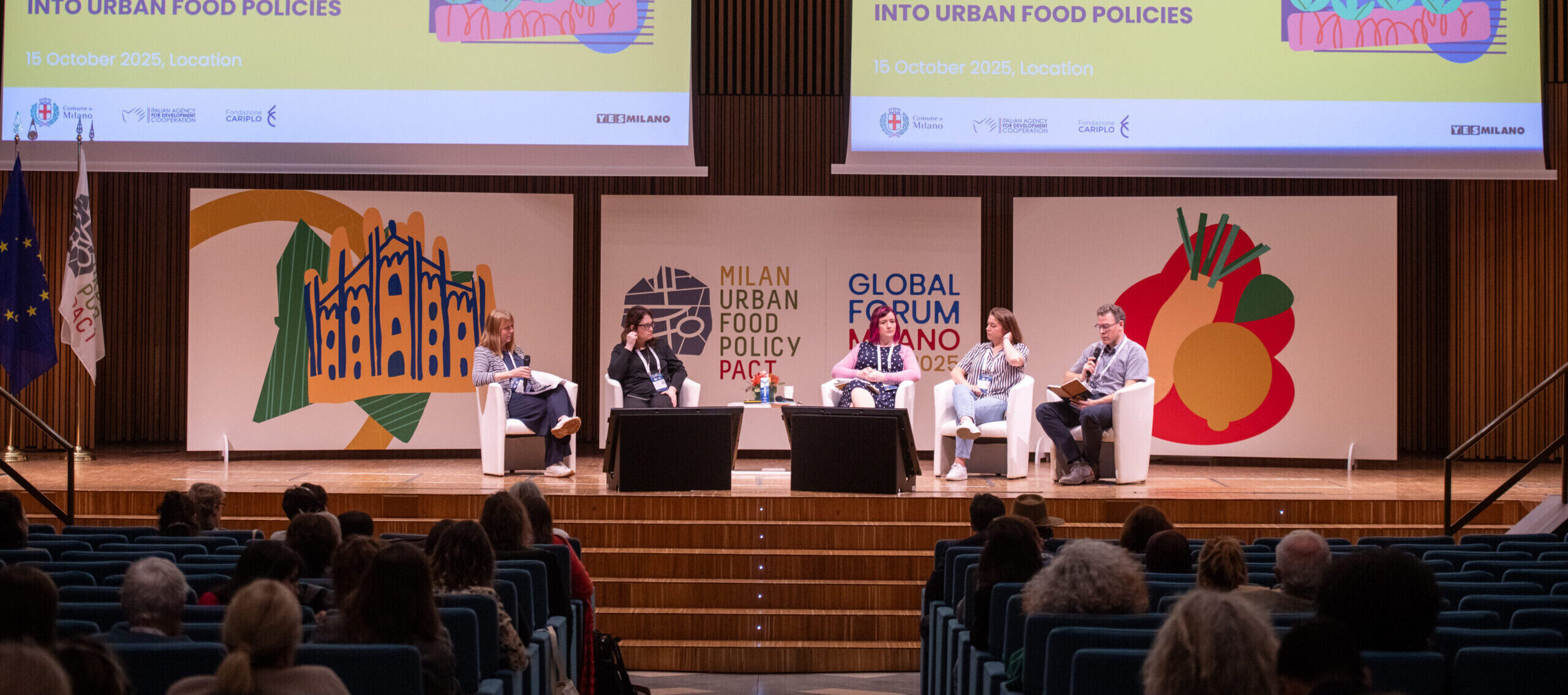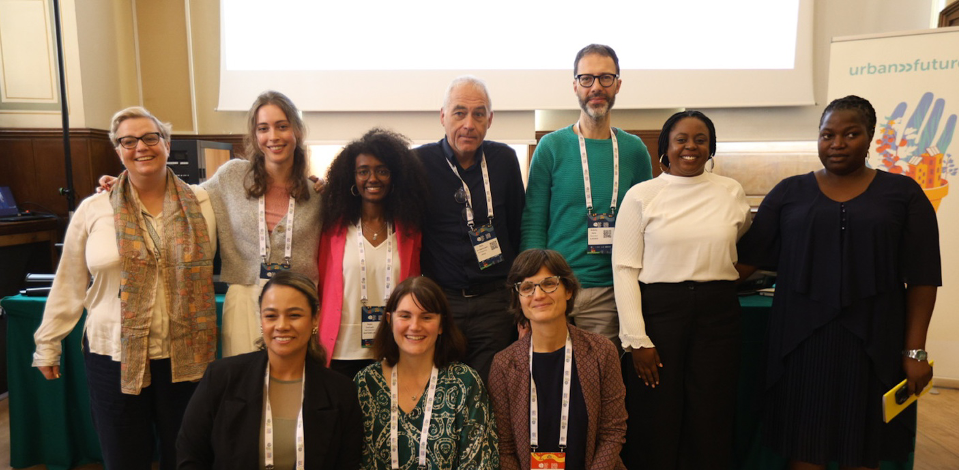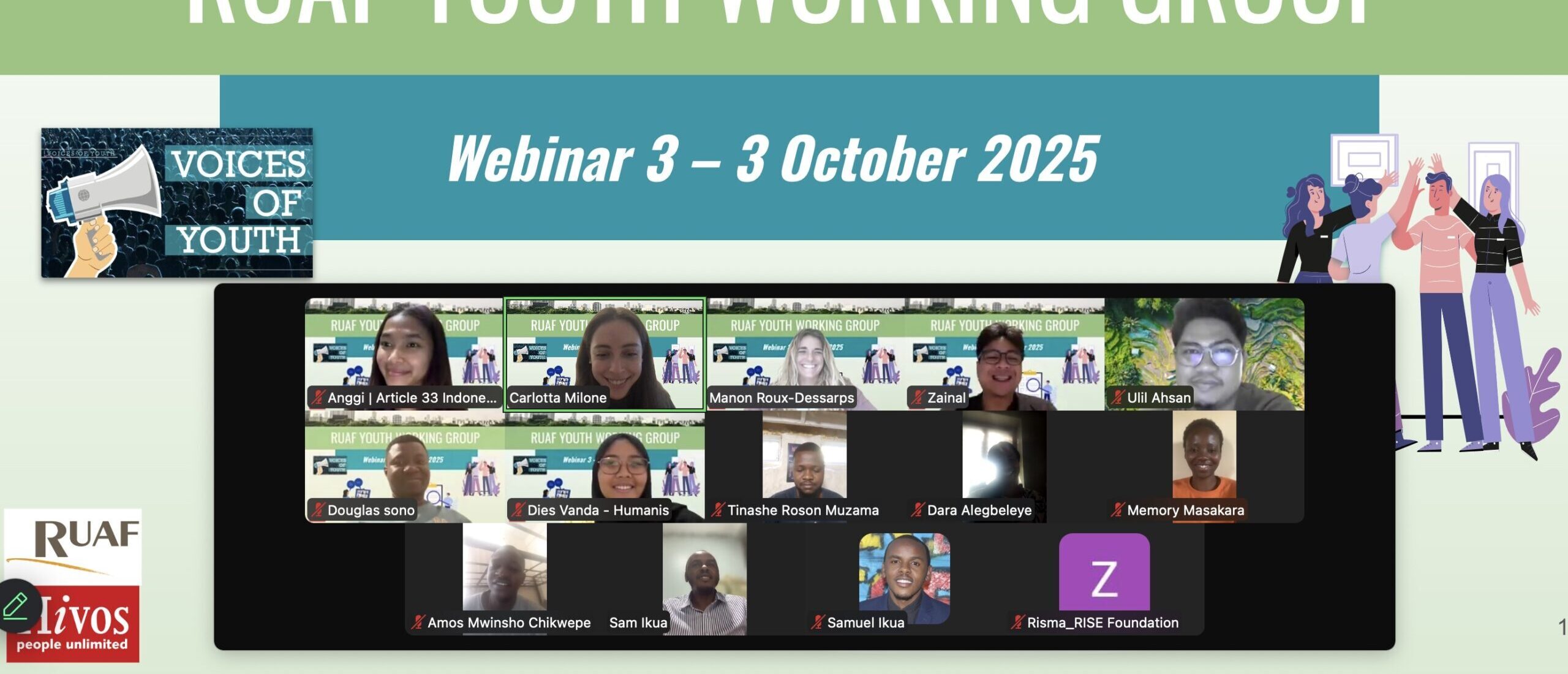Supporting public and private sectors driven commercialization of reuse and
recycling of liquid and solid wastes in selected cities in Ghana.
RUAF Partner, the International Water Management Institute (IWMI) – under the Creating and capturing value: Supporting enterprises for urban liquid and solid wastes recycling for food, energy and clean environment (CapVal) project – and in collaboration with the Kingdom of the Netherlands and national partners, is organising a series of trainings for the public and private sector actors. The trainings seek to enhance the ability of the public and private sector actors to engage in circular economy business models in order to improve the sustainability of the sanitation value chain by generating positive revenue streams from safe waste management.
The training will share knowledge on local and global experiences with recovering resources from various wastes streams (municipal solid wastes, fecal sludge and sewer-based wastewater). Participants will get the opportunity to visit production plants in Ghana that make use of wastes to generate profits (social and financial) and boost agriculture.
Who should participate?
Public (Metropolitan, Municipal and District Assemblies-MMDAs) and private (potential investors, private waste management companies/managers etc.) sector actors who are interested in sustainable partnership to address sanitation challenges through viable resource recovery and reuse businesses.
Training dates
Two training sessions will be organised for the benefit of MMDAs, each lasting 2 days. They will take place on November 16-17, in Somanya and November 19-20, in Kumasi.
One training session will be organised for the benefit of private sector actors. It will take place in Accra on November 26-27.
Deadline for the expression of interest: October 30, 2020
Benefits of participation
Participants will be familiar with real-life RRR business case examples, more specifically fecal sludge (FS) based reuse business cases and understand the need for sustainability in waste management and adequate integration in an urban plan. They will understand the key elements, benefits, and challenges of a public private partnership (PPP) in RRR sector.
Municipalities will also be able to identify the most suitable partnership and financing options for adopting fecal sludge-based reuse business models in communities. Again, participants will be able to identify Strengths and Weaknesses of a business model and Opportunities and Threats in the business environment. The private sector actors will learn about the key
challenges when dealing with the Municipalities and ways to address these challenges while a public sector actor will learn how to identify a strong private partner and retain it.
Participation is free of charge. An allowance for travel may be provided. For each municipality, it is advised that the following people take part in the training:
a. Municipal Coordinating Director
b. Assistant Director
c. Municipal Environmental Health Officer
d. Municipal Finance Officer
e. Director of works
f. Engineer
g. Planning Officer
Contact
Prospective/interested participants should express their interest via email to Dr. Josiane Nikiema, the project leader and Research Group Leader – Circular Economy and Water Pollution by email: j.nikiema@cgiar.org
IWMI Office contact details:
Phone: +233 302 784753/4 / Mobile: +233 54 088277

